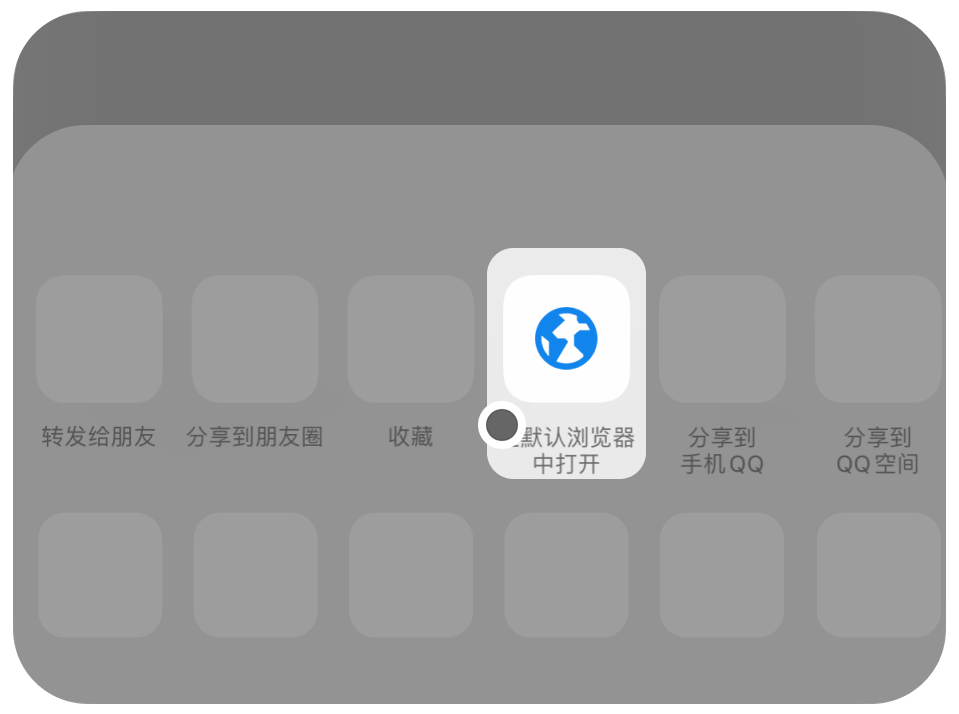李莲英姐姐隐瞒的真相,人生晚年才说出慈禧的真正死因,并非病死
Here is a rewritten version of the article with additional details and maintaining the original meaning:
On February 12, 1912, Empress Dowager Longyu signed the abdication edict, replacing the six-year-old last emperor, Puyi. With that, the Qing Dynasty’s reign of 296 years quietly came to an end, fading away from the pages of history.
If Empress Dowager Cixi had known about the fall of the Qing Empire, she might have jumped out of her grave in fury, berating Longyu and Emperor Puyi for failing to preserve the empire their ancestors had built. However, she might have overlooked the fact that the dynasty’s collapse was also closely tied to her own actions.
During Emperor Tongzhi’s reign, the empire was financially strained. However, Cixi turned a blind eye as Tongzhi lavished enormous sums on the restoration of the Old Summer Palace. In 1883, when the Sino-French War broke out, Cixi took advantage of the situation to sign the \"Sino-French Treaty\" which severely compromised Qing interests.
In 1894, to celebrate her 60th birthday, Cixi diverted funds meant for the navy to renovate the Summer Palace, indulging in excessive luxury. Meanwhile, in 1898, she once again interfered with politics, imprisoning Emperor Guangxu and executing the reformers of the Hundred Days’ Reform, all to protect her power.
One mistake after another, Cixi’s actions gradually led to the weakening of the Qing dynasty. In 1908, she died in the Imperial Palace, but years later, Li Lianying’s sister revealed the truth behind her death...
When Cixi first entered the palace, she was just a low-ranking concubine. However, thanks to her beauty and gentle nature, she quickly won the favor of Emperor Xianfeng. In 1856, she gave birth to Xianfeng’s only son, Zaichun, and with this, her status in the harem rose rapidly. From a lowly rank to the highest-ranking concubine, Cixi became the second-most powerful woman in the palace, after the Empress.
In 1861, after Emperor Xianfeng’s death, Zaichun ascended the throne as the new emperor, and as his mother, Cixi should have been the happiest person. However, since Zaichun was still a child, Cixi quickly prepared herself to rule as regent. Her desire for supreme power had already taken root during her early years when she had managed state affairs on behalf of the ailing emperor. Xianfeng, aware of her ambitions, appointed eight regents to assist the young emperor and keep Cixi away from power.
This move angered Cixi, and with the help of the regent Prince Yixuan, she staged the Xinyou coup on the day the emperor’s body returned to the capital. She managed to eliminate her political rivals, securing her position as regent.
Though she was known for her iron-fisted rule, Cixi did make some improvements in the empire. Under her administration, the Qing Dynasty experienced the Tongzhi Restoration, a brief period of stability. However, as a woman, Cixi’s control over the state began to create friction with the young Tongzhi Emperor, who yearned for independence.
In 1874, the frustrated Tongzhi Emperor died at the age of 19. Despite her grief, Cixi quickly arranged for a new heir, Prince Chun’s son, Zaitian, who became the Guangxu Emperor. When Guangxu ascended the throne at the age of four, Cixi again took up regency, claiming that the young emperor was too inexperienced to rule, and thus began another lengthy period of power for her.
Guangxu, like his predecessors, struggled to break free from Cixi’s control. As he reached adulthood, Cixi’s desire for power led her to arrange his marriage to her niece, the daughter of her younger brother. This was a strategic move to maintain control over him, but the marriage was an unhappy one. Meanwhile, Guangxu secretly grew fond of a new concubine, Zhenfei, a beautiful and lively woman who brought light into his life.
Their love affair blossomed in the shadows, but Cixi, upon realizing that Zhenfei was influencing Guangxu’s decisions, became enraged. In 1900, during the Boxer Rebellion, when Cixi fled the capital, she ordered Zhenfei’s execution and concealed the truth from the emperor. Guangxu, devastated by the loss, remained powerless, a mere puppet emperor.
Guangxu had tried to regain control of the government, particularly during the 1894 Sino-Japanese War, when the Qing government’s defeat led to the signing of the humiliating Treaty of Shimonoseki. This spurred national outrage, and two intellectuals, Kang Youwei and Liang Qichao, petitioned the emperor to reform the government. Guangxu, inspired by their ideas, attempted to introduce reforms but was blocked by Cixi, who saw them as a threat to her power.
In the aftermath of the failed reforms, Guangxu was placed under house arrest, and the reformists, including Kang and Liang, fled the country. The six reformers, known as the \"Six Gentlemen of the Wuxu,\" were executed in Beijing. The failure of the reforms left Guangxu in a deteriorating state, both physically and emotionally. In 1908, after ten years of imprisonment, he succumbed to illness and died at the age of 38.
After Guangxu’s death, Cixi’s own health rapidly declined, and a month later, she too passed away, at the age of 73. Officially, it was reported that she died of natural causes, but years later, Li Lianying’s sister revealed that the true cause of her death was poisoning.
It turned out that Cixi had been slowly poisoning Guangxu for years to keep him weak and dependent on her. However, Guangxu had discovered her plot and turned the tables by poisoning her in return. Due to her frail health, Cixi succumbed to the poison. While the details of her death remain shrouded in mystery, it is clear that Guangxu made one last attempt to free himself from her grip and reclaim his agency as emperor.
Cixi’s death marked the end of an era, one in which she had ruthlessly controlled the fate of the Qing dynasty.


